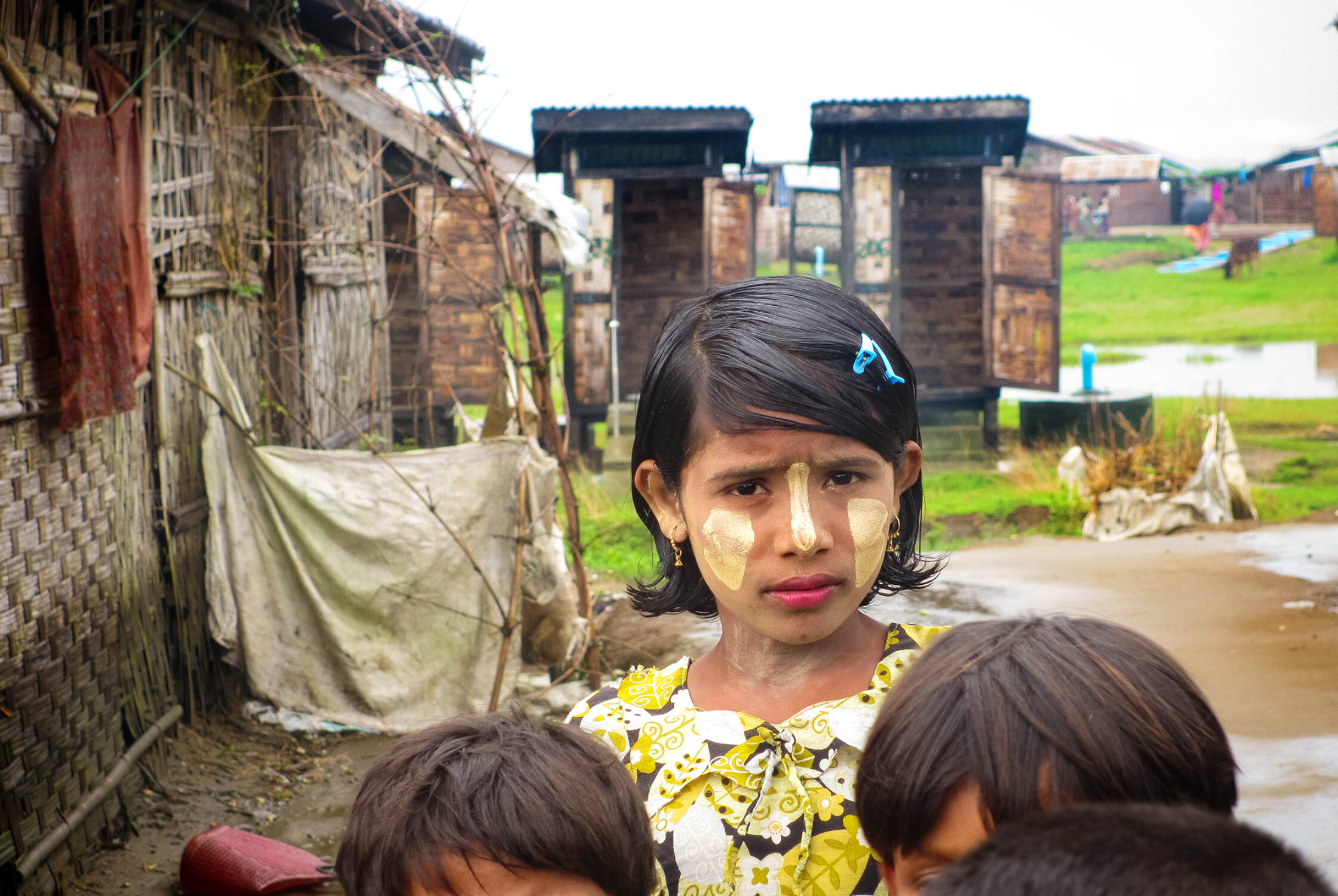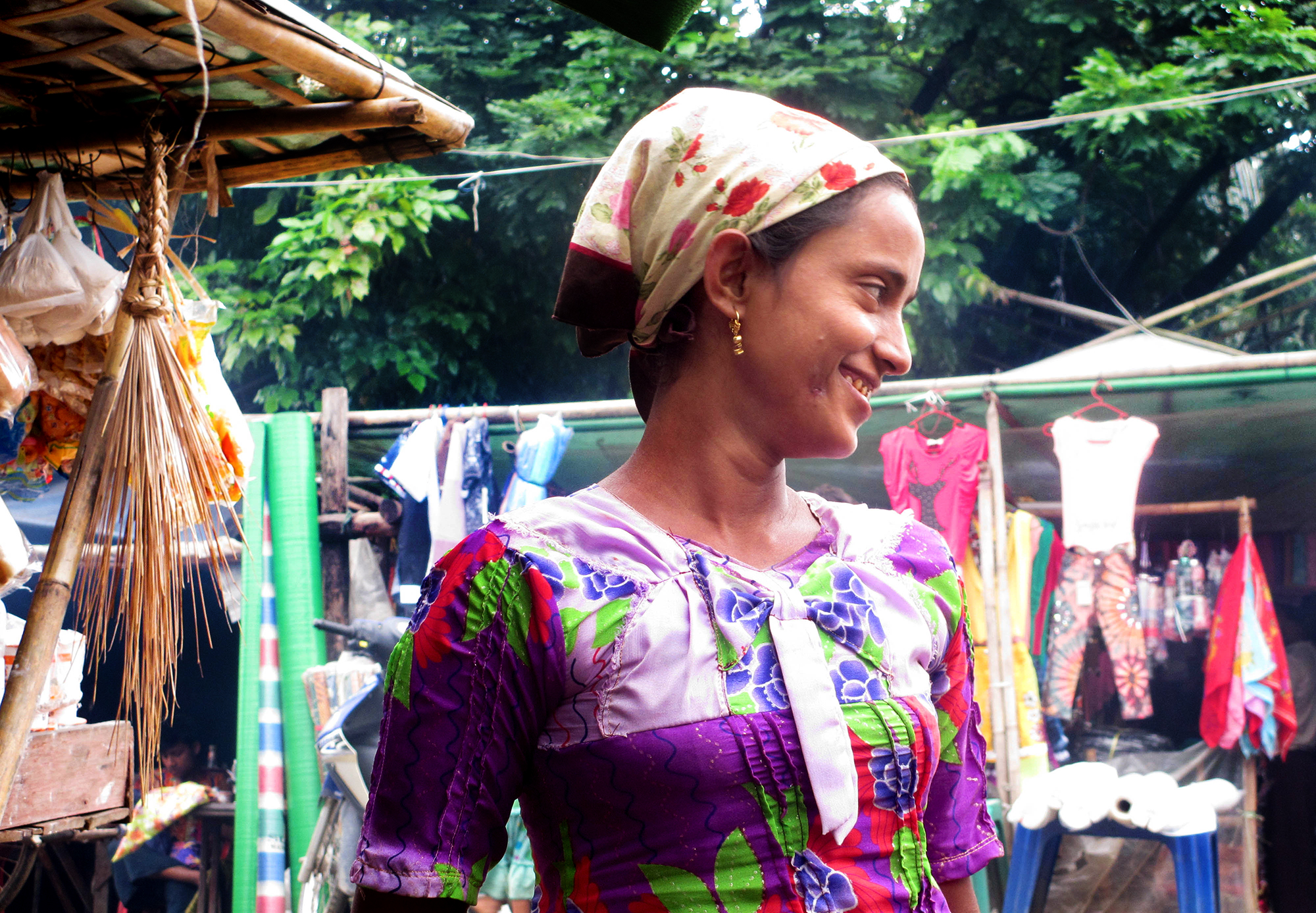Myanmar: A Tipping Point for Rohingya Rights?

Two years after a wave of violence hit the region, Myanmar’s Rakhine State has become a segregated zone. Two million ethnic Rakhine live apart from 1.2 million stateless Rohingya, who are trapped inside displacement camps or barred from leaving their villages.
Ending this segregation and protecting the rights of the Rohingya are necessary components of Myanmar’s move toward democracy. However, the Rakhine leadership has rejected – both politically and with force – any reintegration of the two communities, and it is seeking to exclude the Rohingya from any role in the state’s development, distribution of resources, and political representation.
Recently, Myanmar’s central government developed a draft “Rakhine Action Plan” that would provide some Rohingya with the opportunity to apply for citizenship, but only if they identify as ethnically “Bengali.”
Those who are found ineligible for citizenship, or who refuse to comply, would be rendered to internment camps. The plan as currently drafted is indefensible, and the international community must demand that it be revised to reflect the rights of Rohingya to self-identify, secure citizenship, and live without arbitrary restrictions on their movement, religion, education, and livelihoods. The plan must also support the positive development of all communities in Rakhine State.

Background
Despite a historical lineage that reaches back centuries, the Rohingya have been treated as a foreign population in Myanmar for decades. By the 1970s, the Rohingya were being divested of their citizenship, restricted in their movements, and persecuted en masse. The arrival of thousands of refugees from East Pakistan (now Bangladesh) worsened the situation and led to violent government crackdowns on “illegal immigration” that improperly targeted many Rohingya. By 1980, 200,000 Rohingya had fled to Bangladesh for protection, and the Rohingya diaspora may now number as many as a million people who remain stateless and live primarily in Bangladesh, Thailand, Malaysia, and Indonesia. Myanmar’s 1982 Citizenship Law formally excluded the Rohingya from a list of ethnic groups considered indigenous to the country. Since then, the more than one million Rohingya who remain in Myanmar have seen their situation deteriorate to the point that over the last two years, as many as 100,000 Rohingya have fled Rakhine State on unseaworthy boats. These vessels are supposed to take them to Malaysia or Thailand, but often put them in the hands of vicious human traffickers.
Today more than 10 percent of Myanmar’s Rohingya live in closed displacement camps, while the rest are restricted to their communities in northern Rakhine State and unable to move freely. The Rohingya are not permitted to run for public office, and their ability to access livelihoods, education, and healthcare is extremely limited because they cannot move. Despite the efforts of international agencies, most Rohingya – and especially those living in northern Rakhine State – have very little access to humanitarian assistance. It is important to note, as well, that the whole of Rakhine State – including its two million ethnic Rakhine residents – has suffered from decades of neglect by the central government. Rakhine State has the lowest level of access to clean water in Myanmar, and more than 70 percent of its residents live in poverty.

More than two years since the onset of violence, the situation in Rakhine State remains dire and many of the international community’s fears regarding segregation have proven to be well-founded. The central government has yet to present a roadmap that would provide for the return of Rohingya to their places of origin, or for the reintegration and reconciliation of the Rohingya and Rakhine communities. To the contrary, in its draft “Rakhine Action Plan,” the government has instead proposed to process the citizenship applications of Rohingya only if they agree to identify as ethnically “Bengali,” and to force those who refuse to participate or are found ineligible for citizenship into internment camps.
Recommendations
The government of Myanmar should:
- Revise and make public for comment the draft “Rakhine Action Plan” to ensure consistency with human rights standards, including the rights to liberty, nationality, and freedom of movement; as well as the principle of non-discrimination;
- Make transparent any requirements associated with successfully securing citizenship through the citizenship verification process, and ensure that applicants have the right to due process, including legal assistance and an independent review of any adverse decision before a judicial body;
- Treat Rohingya who arrived in camps after June 2012 as internally displaced persons, register them in coordination with the UN Refugee Agency, and provide them with all necessary assistance;
- Immediately address important assistance and protection gaps in the Sittwe camps, including irregular access to camps for healthcare personnel, the abuse of Rohingya by members of the military and police, rapidly deteriorating communal shelters, and the need for secondary education facilities and staff.
The international community should:
- Insist that as a prerequisite to full normalization of relations, Myanmar must extend non-discriminatory protection to all people living in Rakhine State, provide citizenship to Rohingya born in or with longstanding ties to Myanmar, restore the rule of law, and prosecute perpetrators of violence consistent with due process;
- Provide increased levels of humanitarian and development funding to Rakhine State focused on increasing access to food and clean water, eradicating poverty, and improving health and nutrition standards; and
- Urge UN agencies and their implementing partners to improve camp management and ensure that all camp facilities are in conformity with protection-based physical planning; and that victims of crime, violence, and abuse have access to adequate health and psychosocial care, and other services.
Sarnata Reynolds and Jeff Crisp traveled to Myanmar in September 2014 and assessed the humanitarian response to displacement in Rakhine State.